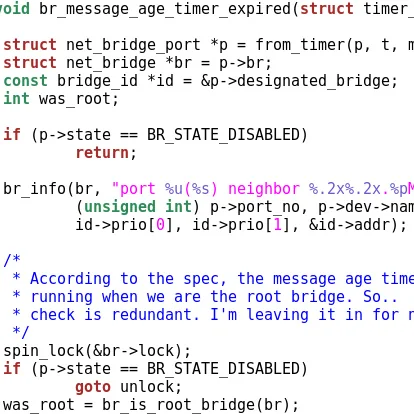Nokia's Actions Already Harm Qt 5.0 Release

Aside from Lars Knoll, the Qt Chief Architect at Nokia, expressing his disappointment over Nokia's decision to eliminate their Brisbane team, he shared more information in another email today.
As "one of the first consequences of the situation in Brisbane", he's working to come up with a list of the essential modules for Qt 5.0. Due to the Brisbane team having been responsible for several key Qt components and the developers' fates post-Nokia not being known, Lars Knoll is planning to move Qt3D and QtLocation from being essential modules to just being add-ons.
The QtLocation and Qt3D components are fully usable today, but due to Nokia getting rid of the developers responsible for maintaining this code, the future is uncertain. But should the situation improve, these Qt modules could make it back into the "essential" area for Qt 5.1 or a later release.
Qt3D allows for 3D content to be displayed within Qt Quick applications. Qt3D provides a 3D C++ rendering API along with scene management, asset loading, and other tasks. There's also Qt3DQuick as the QML bindings to Qt3D. QtLocation meanwhile is a module providing location and geographic support for position and map use.
Lars mentioned this change on the mailing list. A list of the current Qt 5.0 essential modules can be found on Qt-Project.org.
After facing delays, Qt 5.0 Beta is finally expected this month. There's many new features, including the use of more C++11 and Wayland support.
On a related note, for those interested in other companies contributing to upstream Qt, there's the Qt Project statistics.
41 Comments

